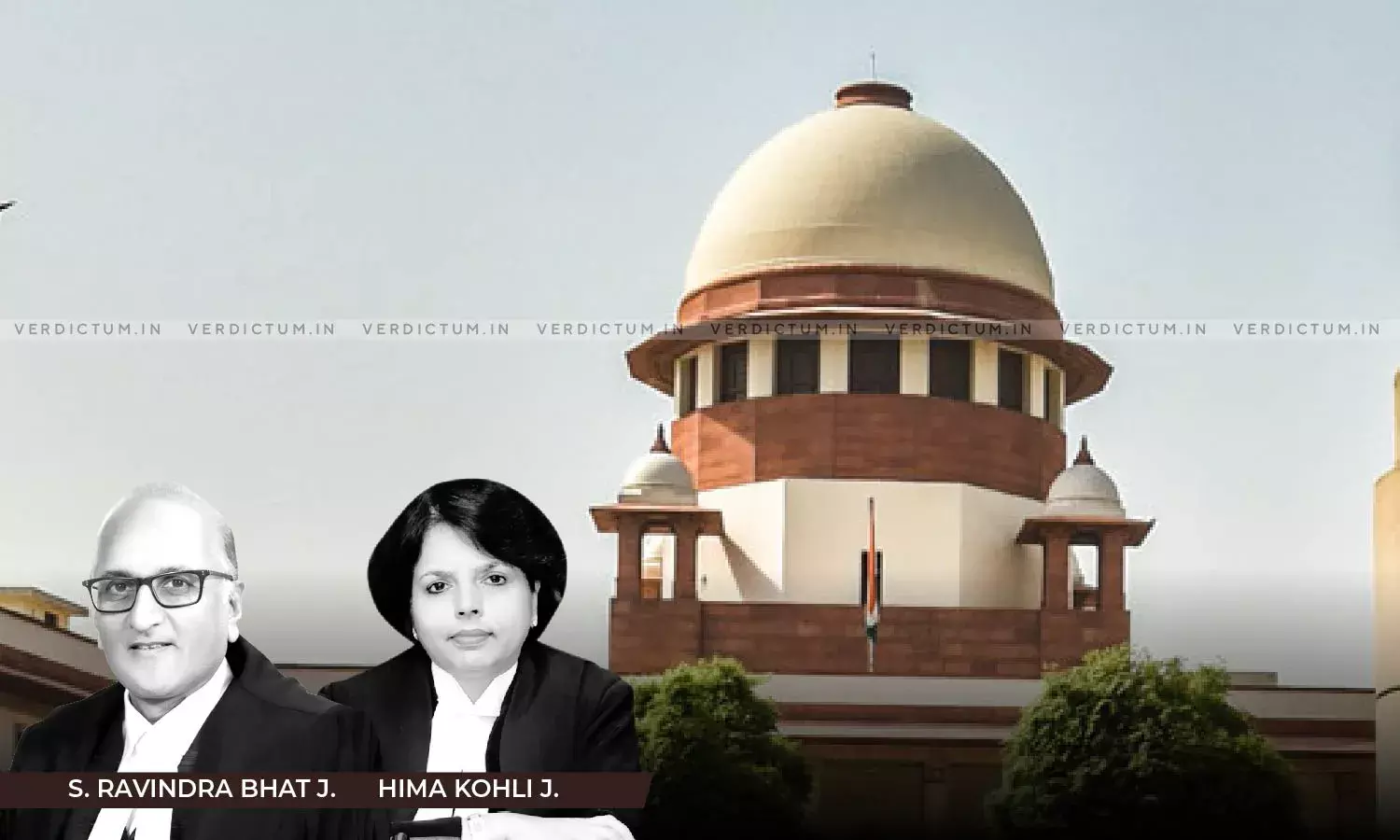Wills Cannot Be Proved Based On Their Age, Presumption U/s. 90 Of Evidence Act In Terms Of Regularity Of Documents Is Inapplicable: SC

The Supreme Court has recently held that wills cannot be proved based only on their age and that the presumption under Section 90 of the Evidence Act, 1872 as to the regularity of documents is inapplicable.
The two-Judge Bench of Justice S. Ravindra Bhat and Justice Hima Kohli said, “… wills cannot be proved only on the basis of their age – the presumption under Section 90 as to the regularity of documents more than 30 years of age is inapplicable when it comes to proof of wills, which have to be proved in terms of Sections 63(c) of the Succession Act, 1925, and Section 68 of the Evidence Act, 1872.”
The Bench while dealing with an appeal noted that in the event where attesting witnesses may have died, or cannot be found, the propounder is not helpless, as Section 69 of the Evidence Act is applicable.
Advocate Ranjan Mukherjee appeared for the appellants while Advocate Bikash Kar Gupta appeared for the respondents.
In this case, the appellants challenged a judgment passed by the Calcutta High Court which affirmed a judgment of the Trial Court allowing a petition for the grant of letters of administration under Section 278 of the Indian Succession Act, 1925.
The Supreme Court after hearing the contentions of both parties observed, “If all the above circumstances are considered in totality, and one also keeps in mind the fact that none of the heirs of Upendra contested the grant of letters of administration, there can be only one conclusion, i.e., that the will was duly executed, and the propounder/respondent herein was successful in proving it."
The Court asserted that it was clear that the testator had extensive properties and said that there was no infirmity with the findings in the judgment of the High Court.
Accordingly, the Apex Court dismissed the appeal.
Cause Title- Ashutosh Samanta (D) by LRS. & Ors. v. Ranjan Bala Dasi & Ors.
Click here to read/download the Judgment


